The Independent's journalism is supported by our readers. When you purchase through links on our site, we may earn commission.
Why collagen is a top cult beauty staple – according to experts and celebrities
Having won over celebs from Jennifer Aniston to Kate Hudson, here’s why you should introduce collagen into your regime

Your support helps us to tell the story
From reproductive rights to climate change to Big Tech, The Independent is on the ground when the story is developing. Whether it's investigating the financials of Elon Musk's pro-Trump PAC or producing our latest documentary, 'The A Word', which shines a light on the American women fighting for reproductive rights, we know how important it is to parse out the facts from the messaging.
At such a critical moment in US history, we need reporters on the ground. Your donation allows us to keep sending journalists to speak to both sides of the story.
The Independent is trusted by Americans across the entire political spectrum. And unlike many other quality news outlets, we choose not to lock Americans out of our reporting and analysis with paywalls. We believe quality journalism should be available to everyone, paid for by those who can afford it.
Your support makes all the difference.You may have heard the term thrown around regarding ageing, but the true significance of collagen is often overlooked. This protein is the building block of healthy skin, hair, nails and bones, and is the key to youthful-looking and healthy skin.
Once we turn 25, we start to lose around one per cent of collagen every year, “the result of this is typically more visible in the skin as it loses elasticity,” notes Heeral Patel, health and science editor at Holland & Barrett, “but it can also affect other areas of your body, for example the cartilage in our bones can also begin to weaken as collagen production slows.”
Celebrities have jumped on the collagen bandwagon – with the release of actress’ Kate Hudson’s InBloom supplement range and Jennifer Aniston’s peptides powder that she swears by – but are these fads?
We spoke to experts on the key things you should know about collagen before introducing it to your beauty routine.

1. What is collagen?
Collagen is a structural protein that makes up about 30% of the human body’s total protein. “Most hard and soft tissues in your body are primarily made up of collagen protein from your tendons to your gums,” says Patel. “It is also found within the bones, skin, and ligaments, in addition to blood vessels, corneas, and teeth.”
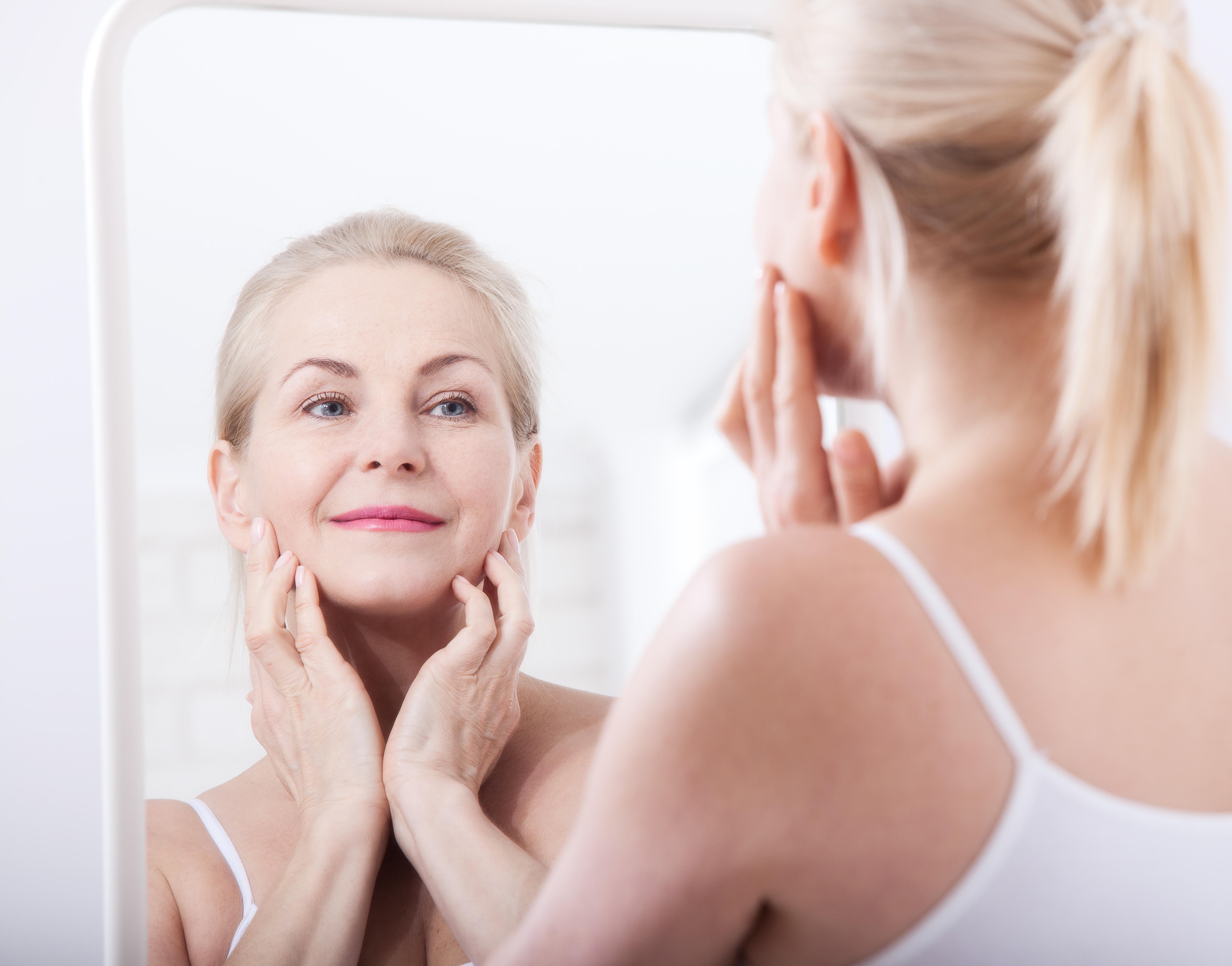
There are 28 different types of collagens, explains famed physician influencer, Dr Nora Jaafar, “type 1-3 are the most common, and type 1 and type 3 are the ones found in skin. The actual structure of collagen changes as it becomes damaged by other factors like UV and sun exposure, smoking and poor diet.”
2. What are collagen supplements?
Collagen supplements are products to provide the body with additional protein commonly derived from cows, pigs or fish. They can come in various forms ranging from powders to capsules and gummies.
“Different formats each have their own benefits,” explains Patel.”For example, collagen powder can be added to water or in your morning smoothie, or liquid sachets are also a convenient and tasty way to have your collagen on the go.”
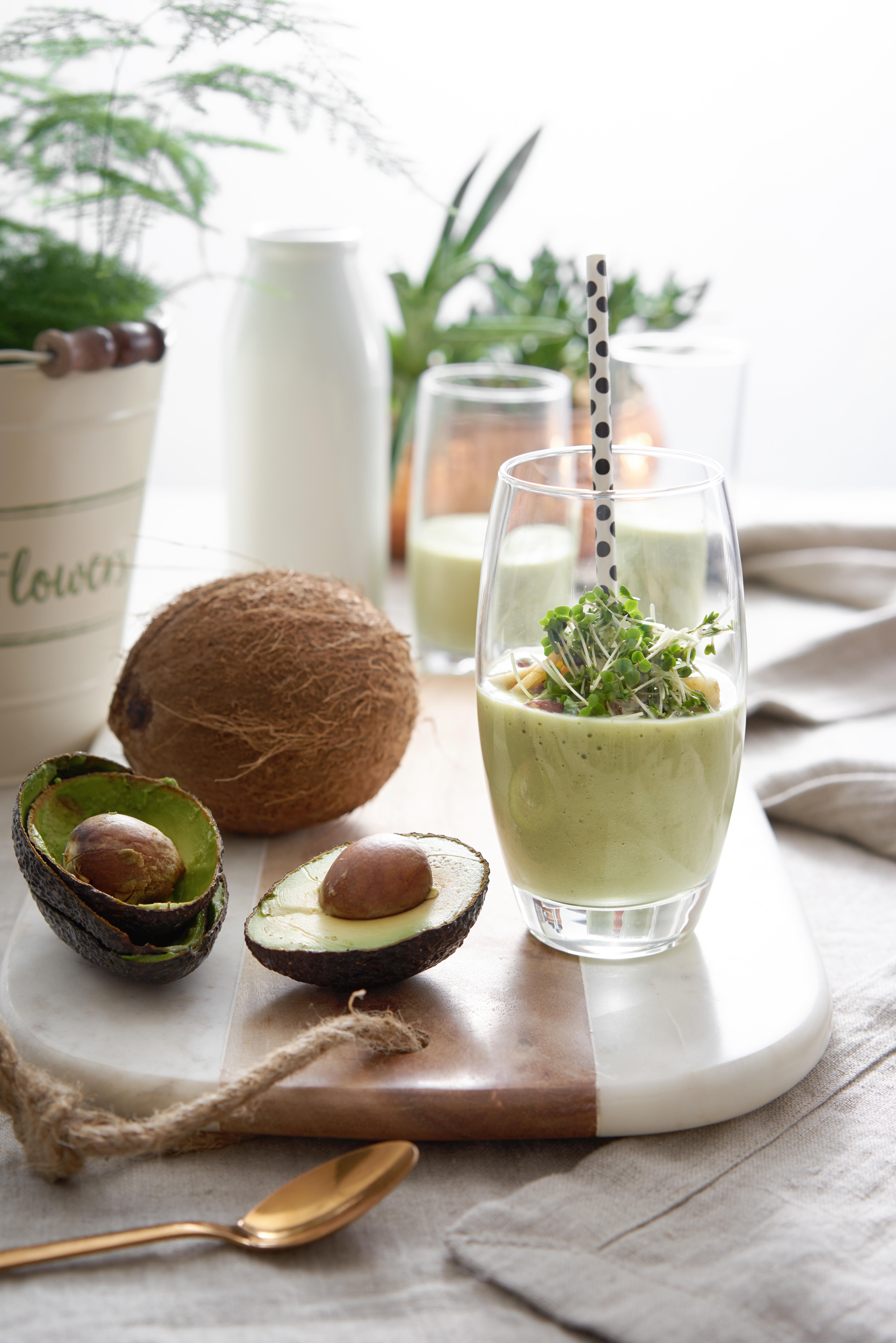
It’s important to remember, however, that collagen supplements don’t contain all the essential amino acids (the building blocks of protein). “You should make sure that you are eating a healthy balanced diet with other sources of protein that meets the requirements of your body,” says Patel.
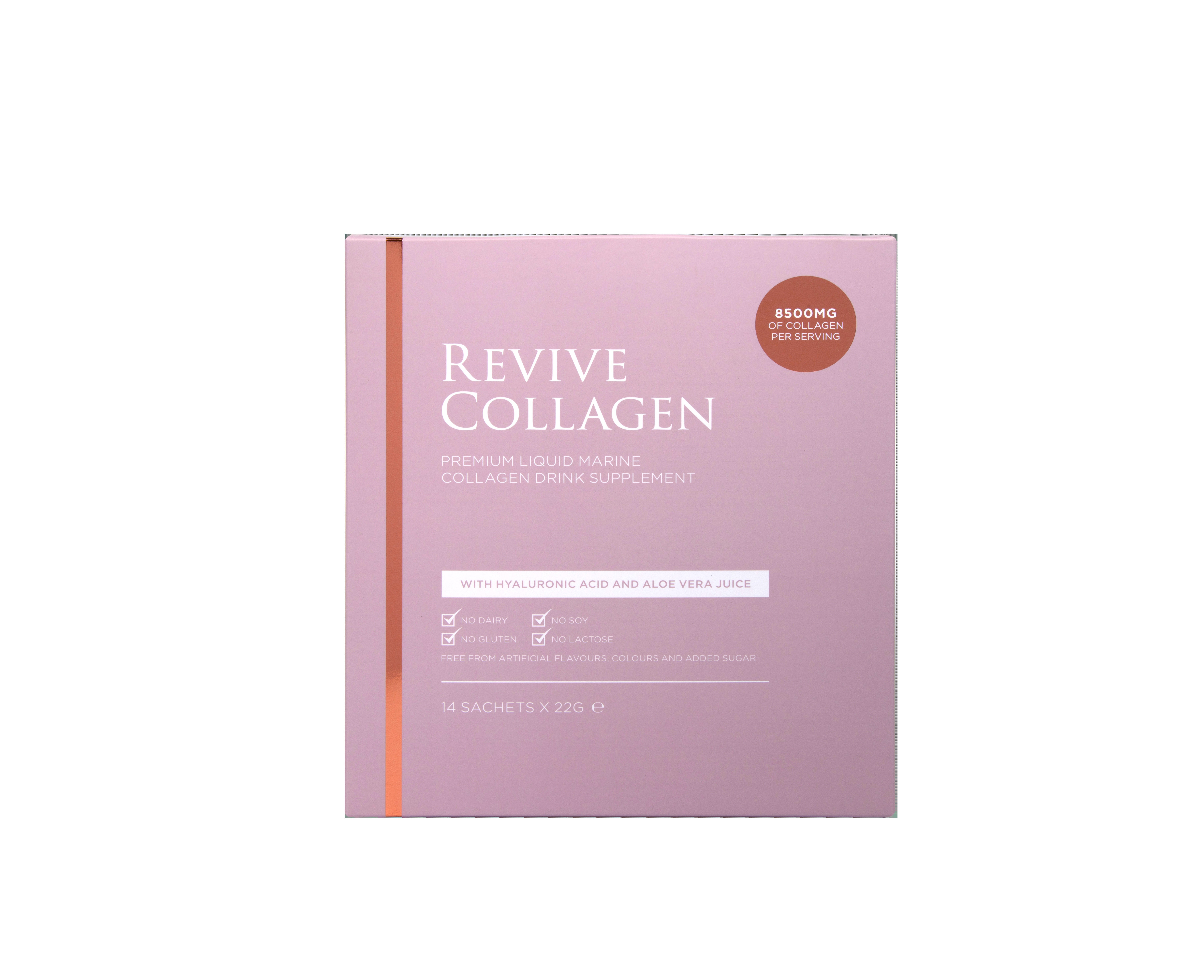
Revive Premium Liquid Marine Collagen Drink 8,500mg 14 Sachets, £36.99, Holland & Barrett
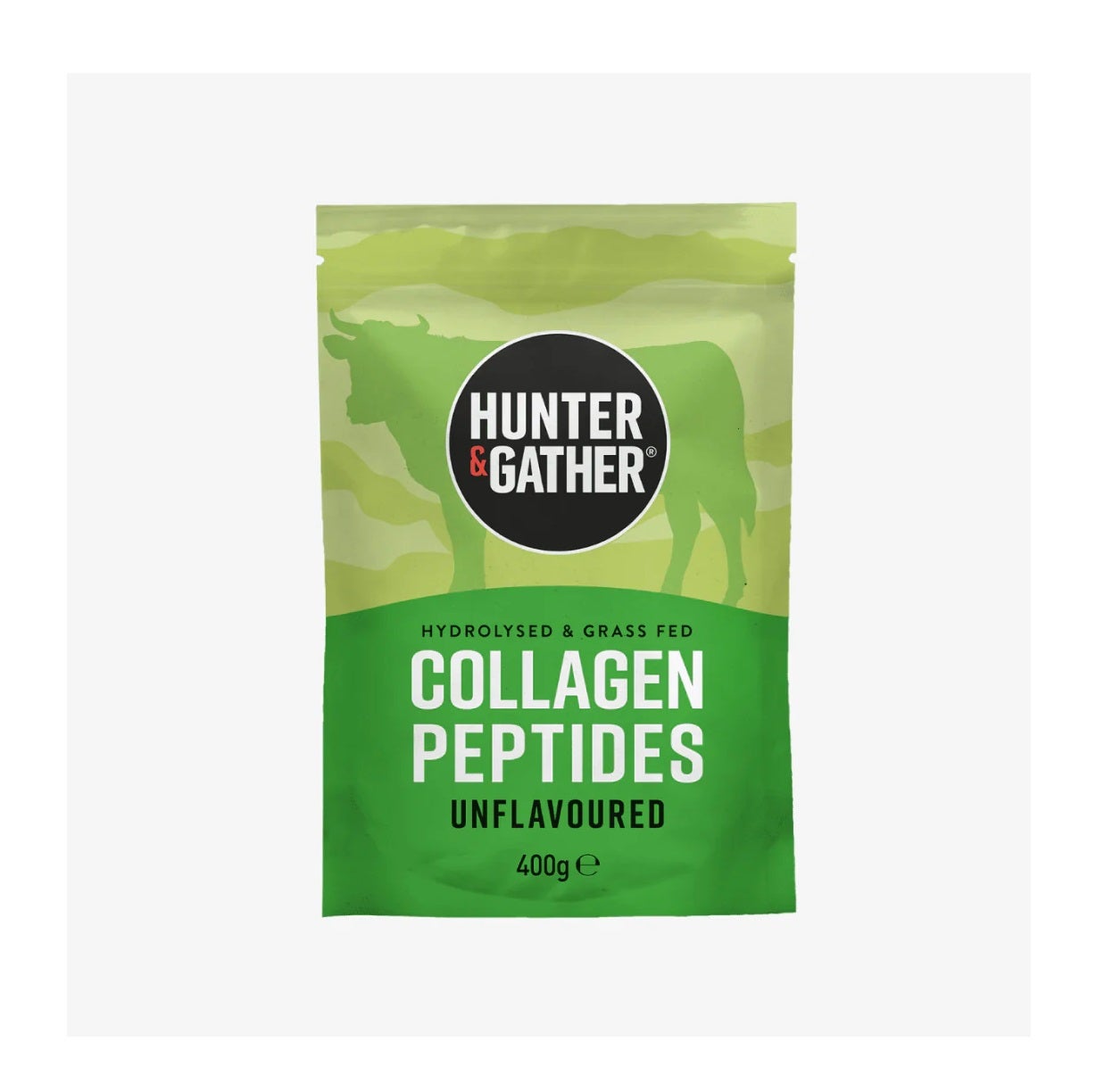
Hunter & Gather Bovine Collagen Peptides Protein Powder, £28, Healf
3. Can you take collagen just through skincare/serums?
Whilst celebs may have led you to believe that you can get all your protein through one serum – this isn’t quite the case. “Collagen skincare works quite differently to when you ingest it,” explains Jaafar. “When you apply them topically the molecules are typically too large to penetrate deep into the skin layers. So, most of the time they sit on top and act as a moisturiser rather than absorbing in.”
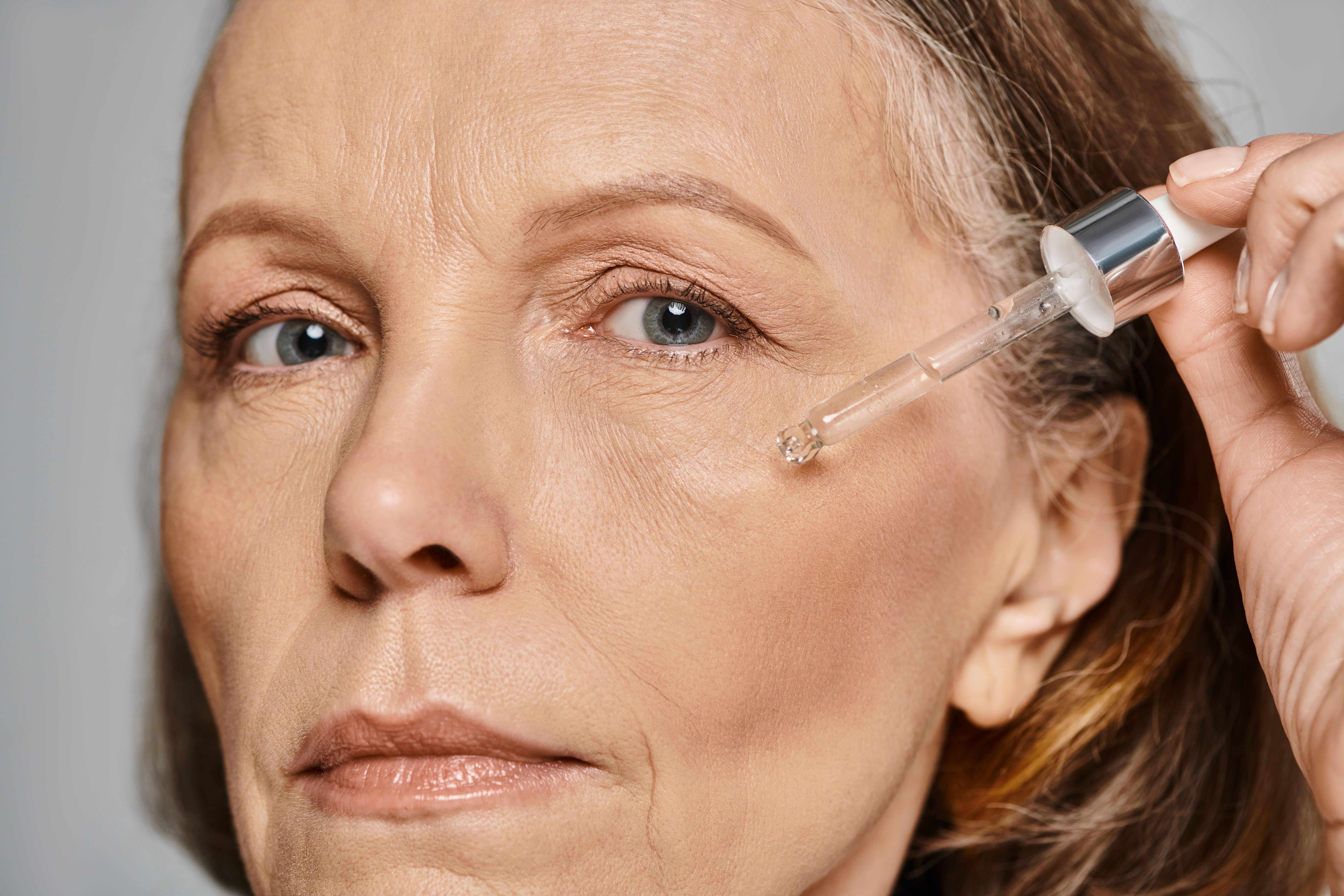
This means the product is restoring your barrier function rather than improving your collagen production. “You’re better off topically using other ingredients that are actually going to stimulate the production of collagen,” notes Jaafar, “so that’s things like retinoids, vitamin C serums, peptide serums, or hyaluronic acid, all those are much better for trying to stimulate the collagen in your skin layers.”
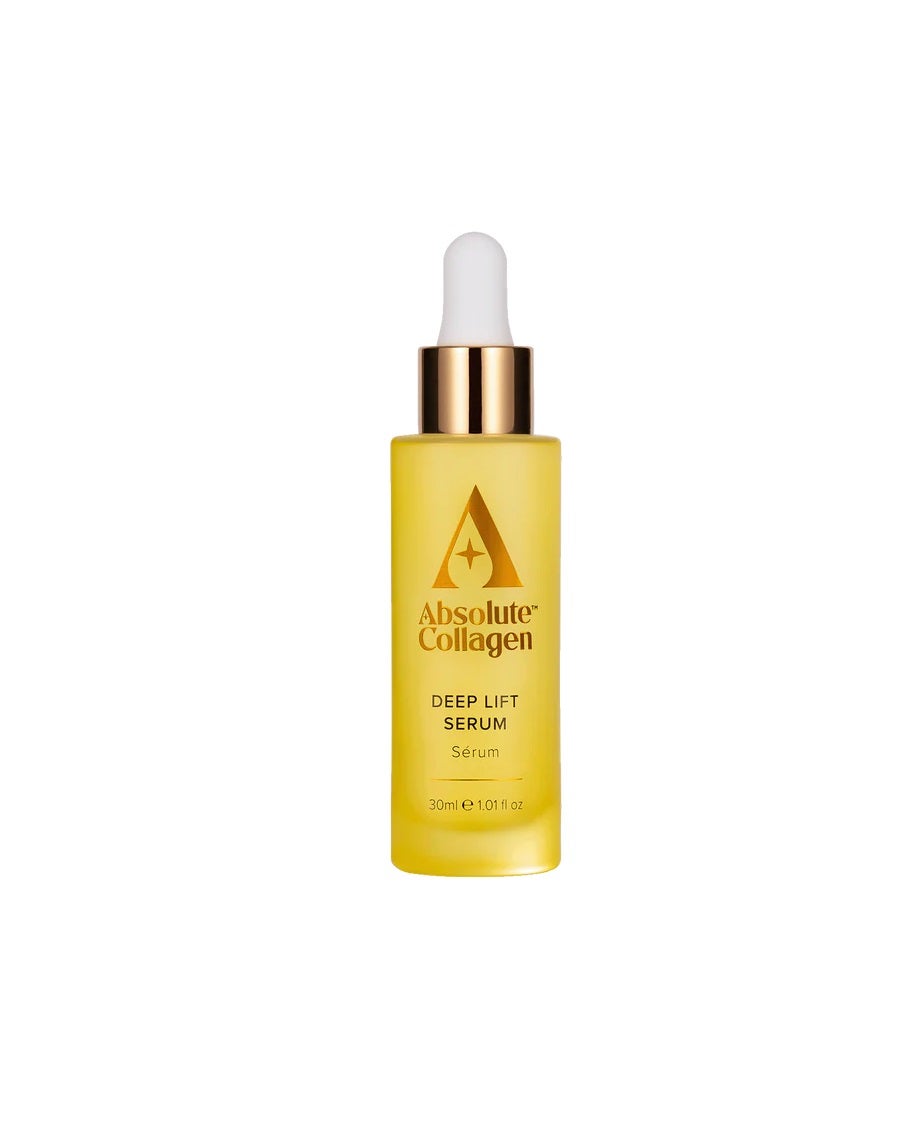
Absolute Collagen Deep Lift Collagen Boosting Serum – 30ml, £35
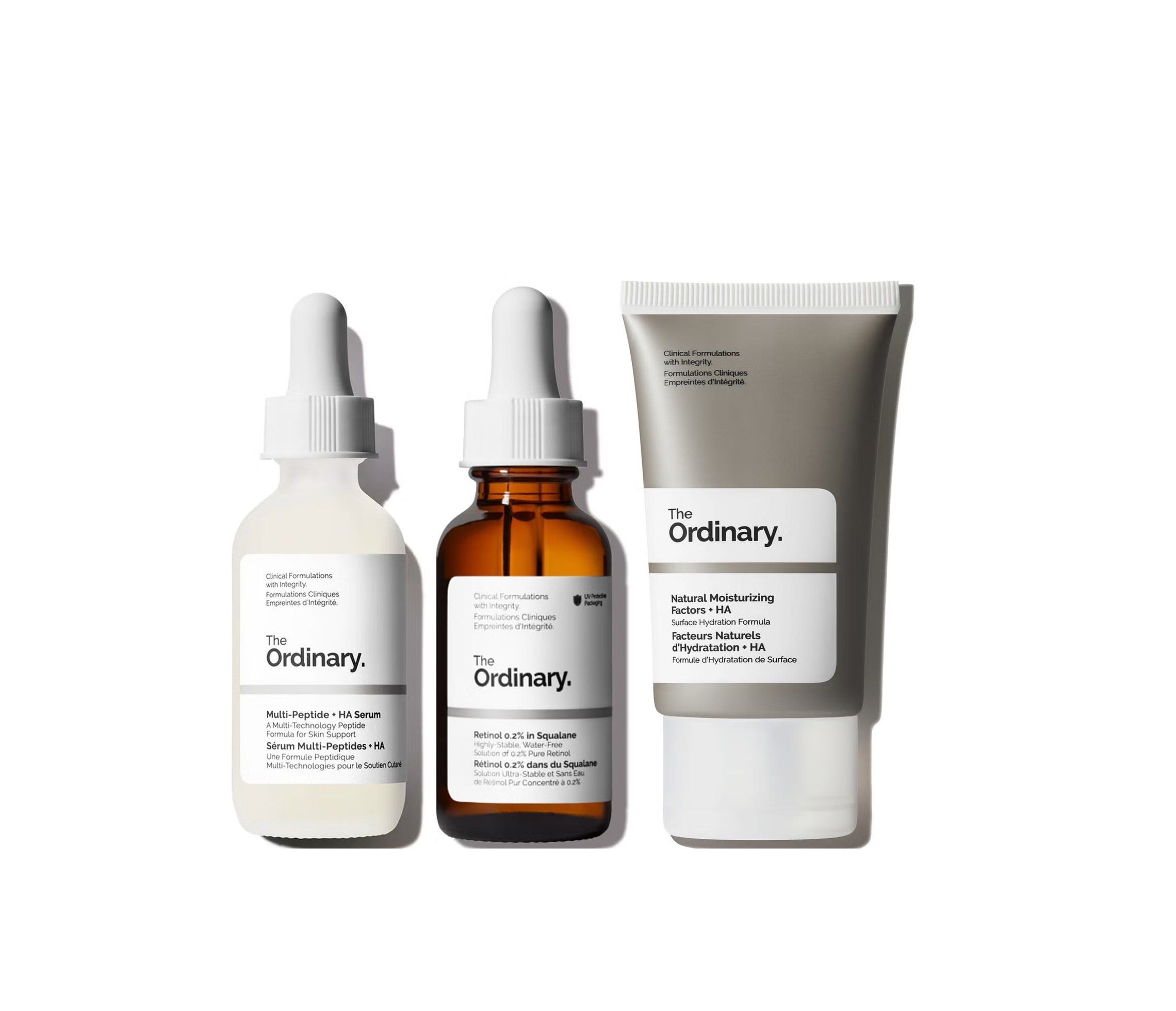
The Ordinary The Firm and Plump Collection, £13, Look Fantastic
4. What are the expected benefits of introducing collagen?
Collagen isn’t just for pluming your skin. It’s integral to your gut, joint and bone health, as well as maintaining muscle mass. A U.S. study carried out by Michelle R. Yagoda MD and Eugene H. Gans PhD in 2014 showed the potential for significant benefits of oral collagen on hair and nails.

“An oral supplement that included collagen was given daily to women aged 26 to 68. The results showed significant improvement in nail cracking and nail brittleness by nearly 80%, as well as with hair dullness, hair dryness, and nail softness after 8 weeks,” says Patel. “A longer trial conducted revealed that, after nine months, 100% of participants saw an improvement in hair dryness, hair dullness, and nail peeling, compared to taking collagen before and after.”
If you’re looking for a quick outward result, however, collagen is great for improving skin elasticity, Jaafar explains. “It helps with the firmness of your skin, reduces lines and wrinkles, and increases hydration improving the overall texture and appearance of the skin.”
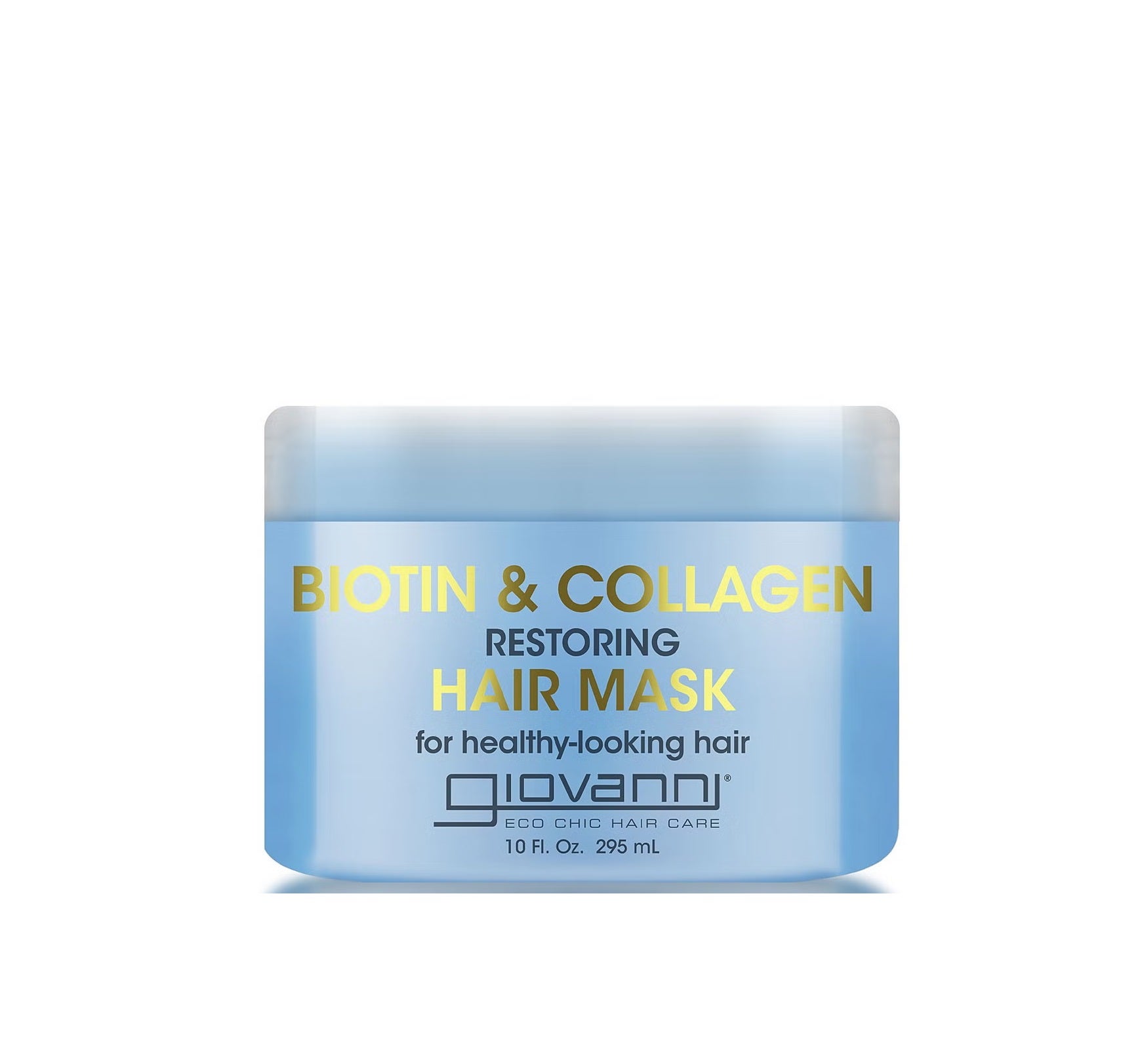
Giovanni Biotin & Collagen Restoring Hair Mask 295ml, £9.74 (was £12.99), Look Fantastic
5. What type of collagen you should take
Not all the information out there is going to work for you when introducing collagen into your routine. “You need to look for hydrolysed collagen peptides in your supplements,” says Jaafar, “because usual collagen molecules, a lot of the time, are too large to be absorbed and therefore be beneficial. With hydrolysed collagen peptides, they essentially are broken down to smaller peptides, making it easier for a digestive system to absorb.”
This also means they are delivered to tissues where the collagen is needed.
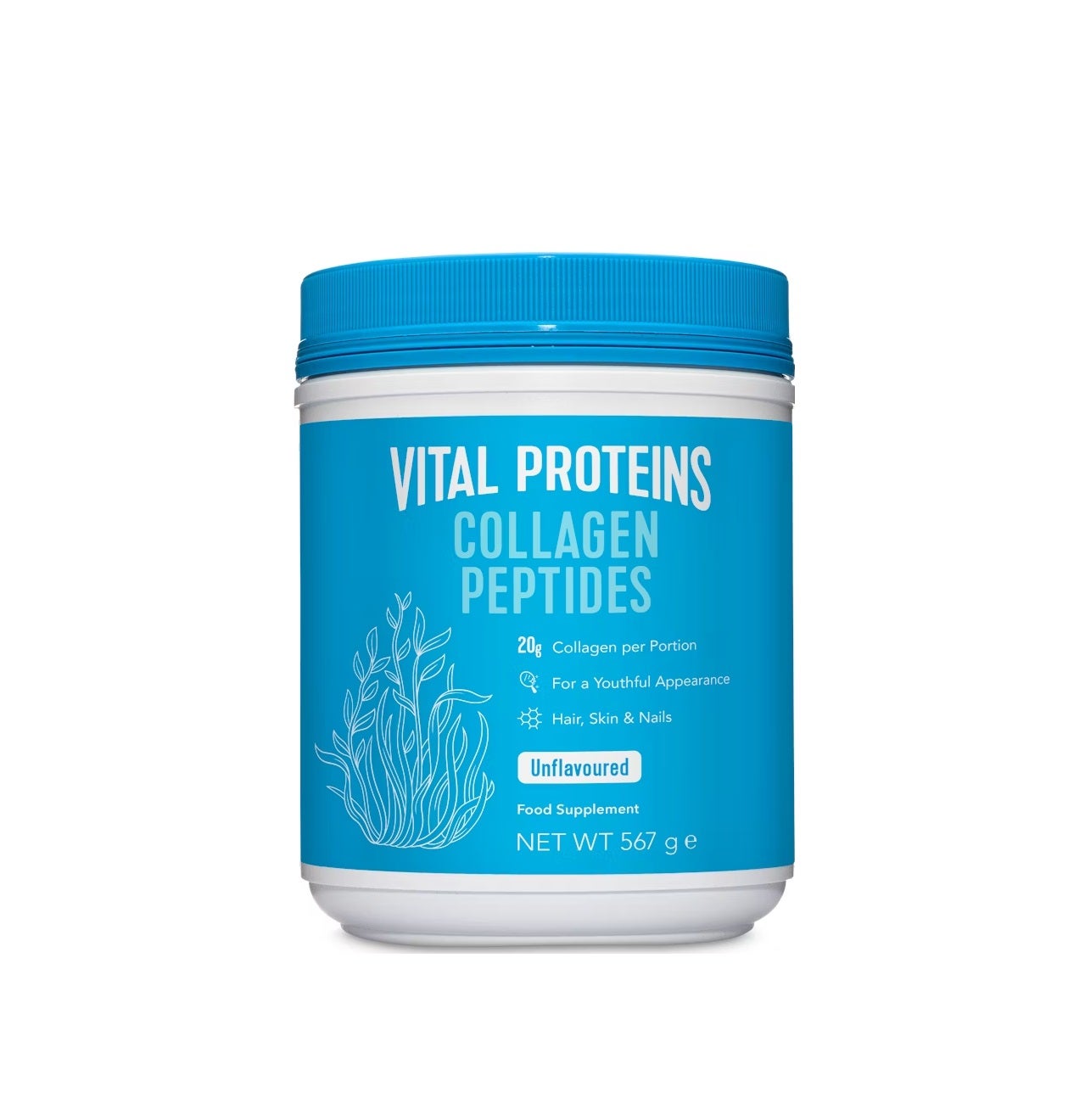
Vital Proteins Collagen Peptides 567g, £34.99 (was £39.49), Medino
6. Should you be collagen banking?
Collagen banking is a buzzy new term that essentially refers to the concept of preserving and enhancing the body’s collagen levels over time.
“It’s become very popular for lots of my patients in their late 20s, early 30s,” says Jaafar. “The best way to think about it, is that you start early, and you’re almost creating that reserve so that you never have that damage done to your skin cells, instead you’re more doing preventative treatment.”
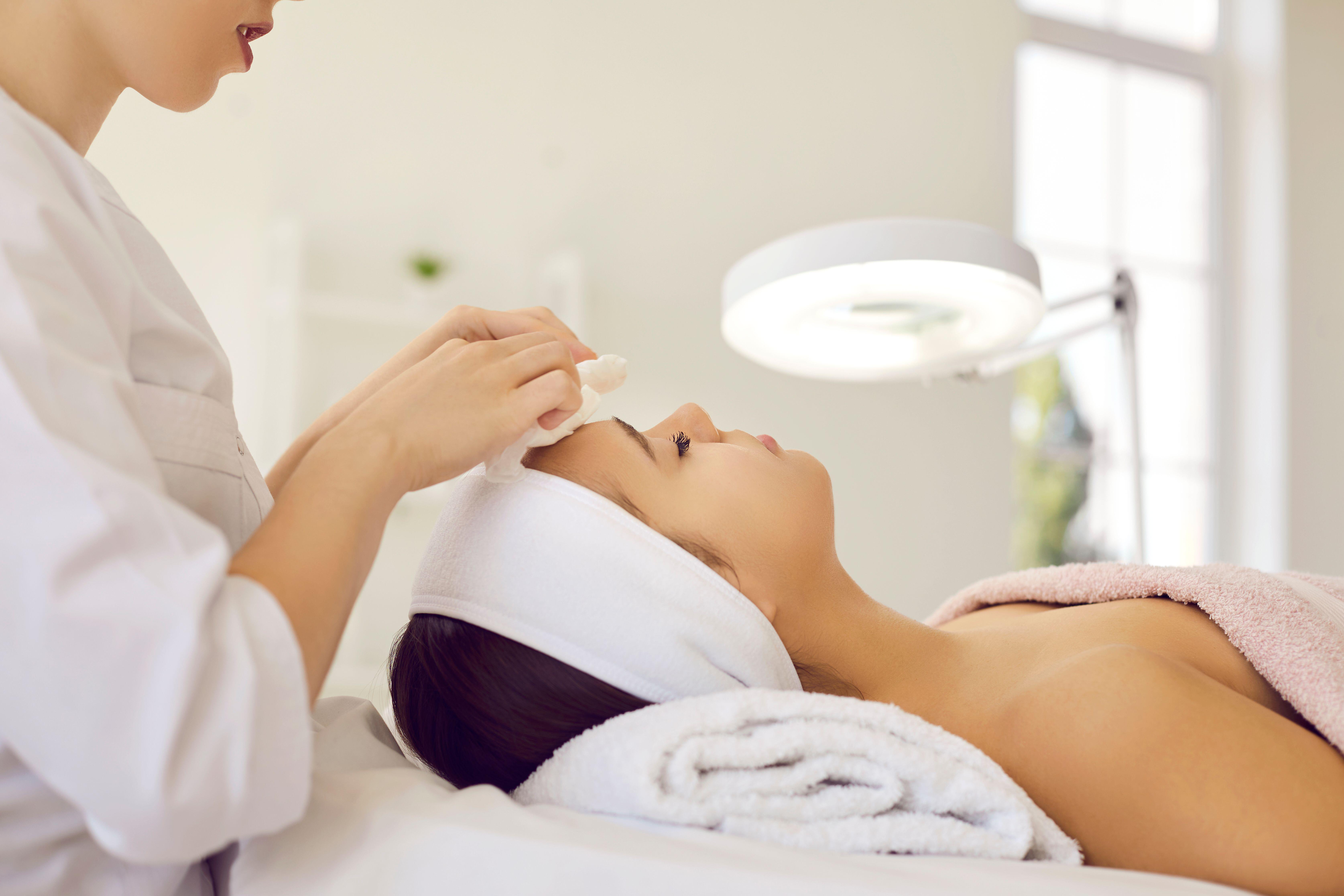
The most popular way people are practising collagen banking is through the injectable polynucleotides treatment that uses processed salmon sperm, which can be injected into the skin to stimulate collagen production. “This works better than tropical treatments,” explains Jaafar, “because the collagen stimulating product is being injected straight into the dermis.”
7. When you’ll see the results
Results tend to be most visibly effective for skin hydration after eight weeks, Patel notes. “While it shows potentially promising results for skin, remember that you can’t control where your collagen goes! The body uses it as it sees fit.”
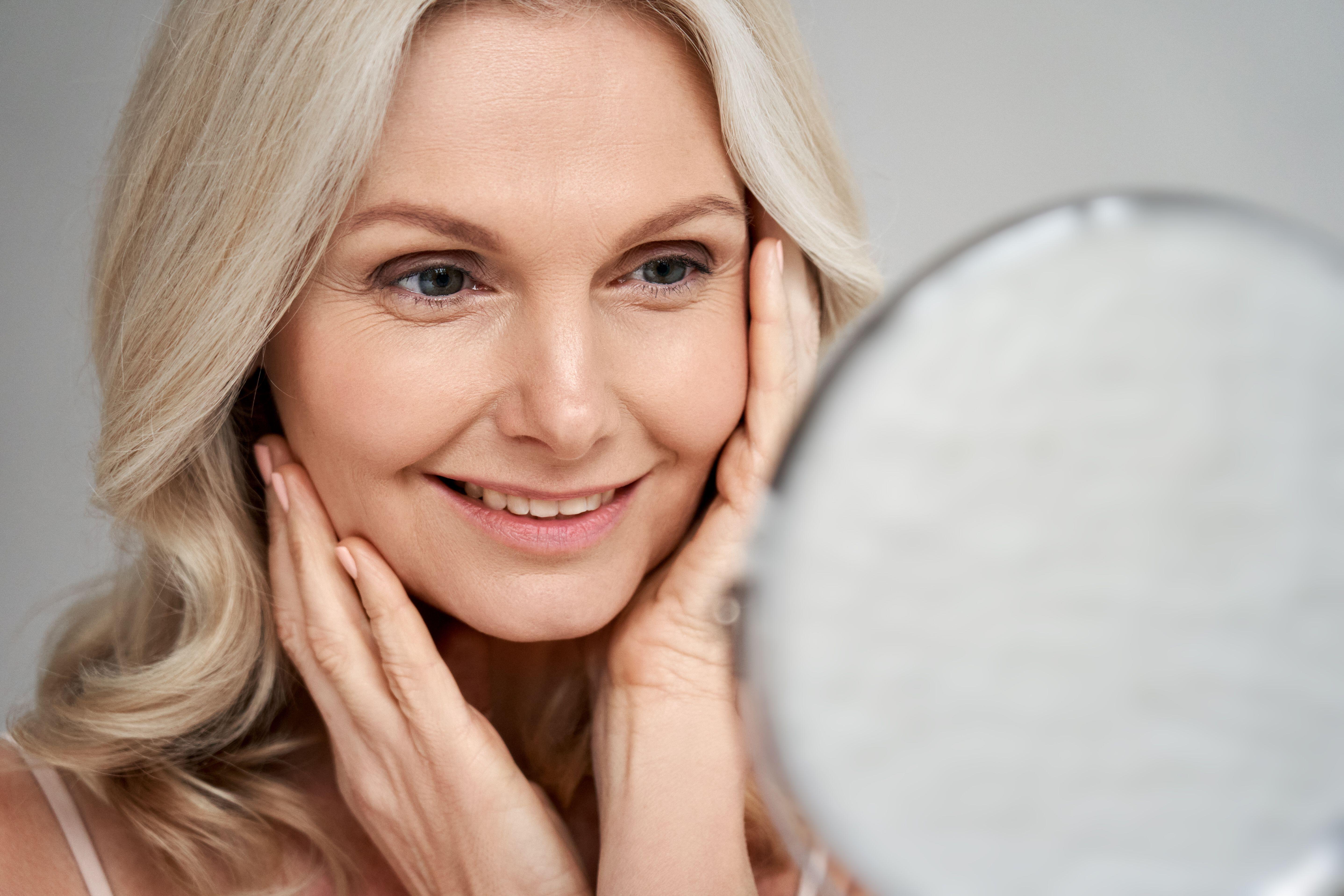
According to Jaafar, however, the best way to look at your skin is in six-week cycles. “A skin cycle is 42 days,” she explains, “so the first six weeks, we introduce something new, your cells are going through a transformation stage.”
After 12 weeks, your skin will be in the maintenance phase after introducing this new product, this is when you will begin to see real change, specifically when looking at your skin.